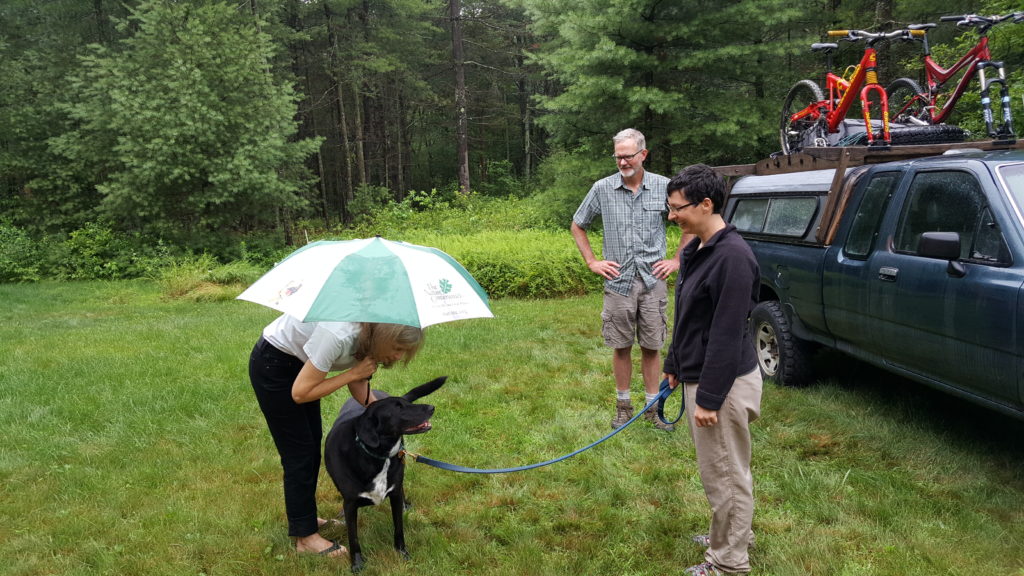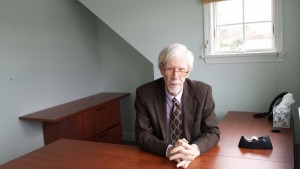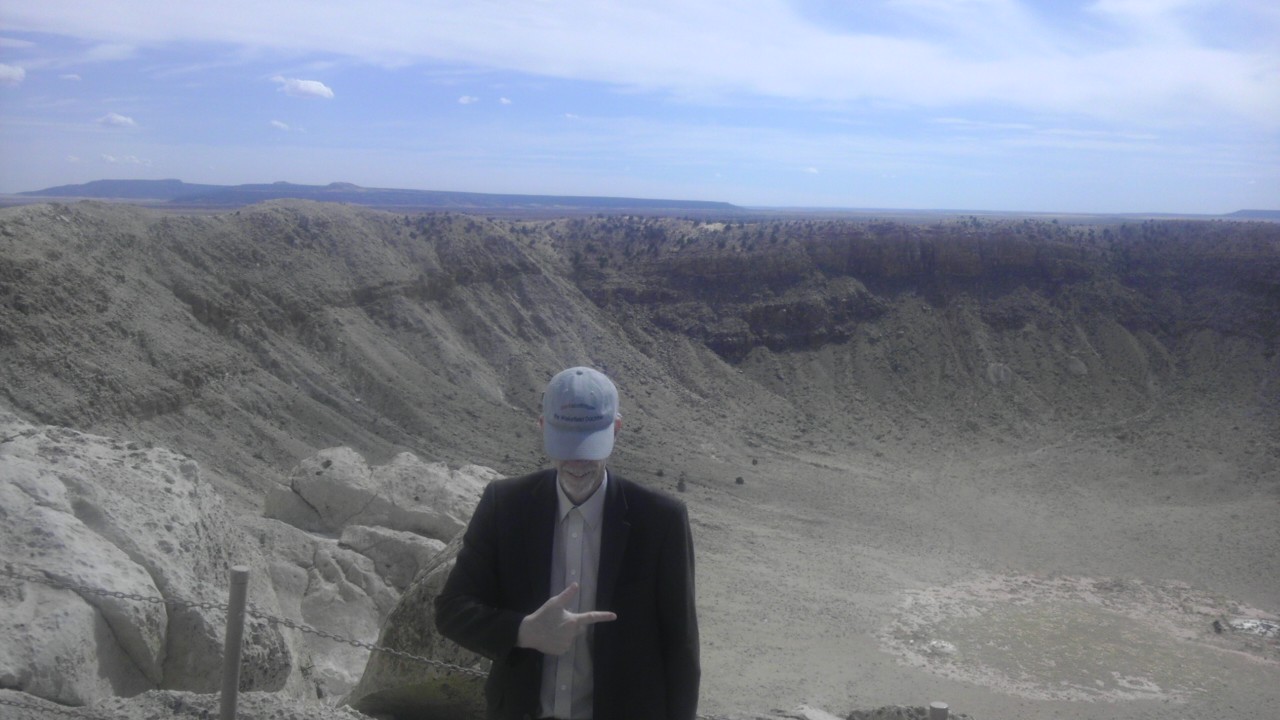Welcome to the Wakefield Doctrine (the theory of clarks, scotts and rogers)
Sometime in February/March of 2013, I worked up the nerve to participate in my first bloghop, Finish the Sentence Friday. Hosted at that time by Janine, Kate, Stephanie and Dawn, joining in marked a transition in my online life. Up until then, starting June 9th 2009, (come on, everyone remembers their first blog post…right?), I devoted my time in the ‘sphere to writing posts about the Wakefield Doctrine. For whatever reason, I worked up the nerve to go over to their blog (yeah, the high school metaphor’s been with me from, like, the minute I turned the computer back on.*) and I wrote my first Finish the Sentence Friday post.
Since that time, I’ve met some very remarkable people and have become friends with many of them. And that’s where the temptation to indulge in metaphor begins. Meeting new and interesting people, not something I’m naturally inclined to do.
“But it wasn’t a dream — it was a place.
And you — and you — and you — and you were
there.” (Dorothy Gale)
Kristi was gracious enough to invite me to co-host the Finish the Sentence Friday bloghop this week. In part, because I’d returned to joining in on Fridays and, one Friday, a few weeks ago, I threw out a sentence fragment in a comment and Kristi replied, ‘Hey, I like that! That might make a good sentence fragment.‘ So, here we are.
(Can’t say enough about Kristi other than, if I knew about her and wasn’t already a friend, I’d be too intimidated to introduce myself. But that’s getting ahead of the sentence fragment. Suffice it to say, Kristi Campbell is one of the most able women I know. I consider myself fortunate in being allowed to hang out here. So join Kristi and me at the best of all bloghops…. the Finish the Sentence Friday.
“A study released by the Department of HHS reports that most people consider their online relationships comparable to their social experiences in high school… this is true because….”
...For some of us, the virtual world is not simply a place drawn in phosphorescence and LEDs, binary yes(s) mating with stubborn no(s), a place of mathematical precision and statistical approximations of feelings and intuition. For some of us, its a reality of metaphor and stories. The world online is a place where the social contract has been stood on its head.
In our lives (in the real world), when we interact with others: visiting relative’s homes, running into our children’s teachers at the convenience store or meeting friends at the mall, our personal lives are subject to immediate validation. Your car sits in the parking lot, your children wear the clothes you pick out (or not,depending on age) and your life is a page in an increasingly public record.
In the virtual world, however, we are, in a very real sense, a story we tell those we meet. When we interact in the various locales such as Twitter or Facebook or on bloghops such as this one, we tell our story. The virtual world, at least the parts that I frequent, is very much a world of words and writing, stories and imagination, risk and rewards.
It’s a secret rule of life that the rate of meeting new people and making friends is inversely proportional to age. In the real world. there are only so many people who can fit into the: work places, schools, daycare, health clubs, churches, neighborhoods, supermarkets, doctor’s waiting rooms, therapists offices, barracks, bunkhouses, cells, wards and three-bedroom-colonials-on-a-quarter-acre-with-a-really-great-HOA. When limited opportunity butts heads with escalating demands on our personal time, is it any wonder that 80% of our real world friends are those we met back when we were still in school?
Then there is the virtual world. Available anywhere and anytime. And with more people (on the other side of the screen) than you could fly over in a plane on a four-hour flight.
And,(to try to establish the basis for my post….finally), just as it was in high school; when we arrive in the world-online, a social environment is waiting for us to negotiate, navigate and accommodate. There are people already here. They’ve been here long enough to establish their own little corners of the ‘sphere. Some of the people on the ‘net we meet because they on in our path. I mean, you have to get into line in order to get lunch, right? And, if you’re in line to get lunch, eventually you have to come out of the serving area and face a room (small or huge) of people eating lunch. Already seated. At their own tables. With their friends.
(lol ok, so my own experiences with high school are not exactly 100% positive.) But I made it through those years. And now, a lifetime later, I find myself in a social environment that, with only a little imagination, looks a lot like high school. The difference is not that ‘I am older and mature and know better.’ That would be the easy and not-overly productive way out. The difference is that I choose to see the metaphor because it allows me to see myself in a slightly different perspective than might someone, (a roger, for example, who might say, ‘Dude! it’s the internet. You’re an adult. Stop with the make-believe, the trying to relive the past‘) who does not see the common points between past experiences and present reality. And the Wakefield Doctrine is about nothing, if it’s not about taking advantage of varying perspectives on the world in the service of becoming a better person.
Anyway… the value, (for me), of indulging in the conceptual metaphor of ‘the blogosphere as high school’ is that it allows me to make different choices and, by doing so, come to accept that ‘experience does not define the entire person’. My personal history, the social one inferred in this post, is not the summation of my potential. It is a description of choices I’ve made. The unfortunate thing about life is that, for some of us, when we look at the choices we’ve made (some consciously, others under duress, still others under the influence of others), we feel that they define us.
This time around, I’m finding it a little easier to be uncomfortable around others. I’m more willing to take risks, despite how foolish a part of me says I am. And, as a result, I have a bunch of friends that I might not otherwise had and, from that, I become a better person.
Thanks Kristi!
This has been a Finish the Sentence Friday bloghop post. Come on! Join in…. you’ll be glad ya did. Get on over to Finding Ninee and tell ’em the Doctrine sent ya.
* I remember writing my first post in large part because of what happened when I completed the process. So, I wrote and I edited and did all the things that we all do, Then came the moment… to hit ‘Publish’. I went through a number of clarklike changes and finally hit the button. I then reached down, turned off the computer, got up and went down to the garage, got in my car and drove away from my house. Eventually I returned and turned on the computer and the rest has simple.
** Outsider (clarks), Predator (scotts) or Herd Member (roger)









